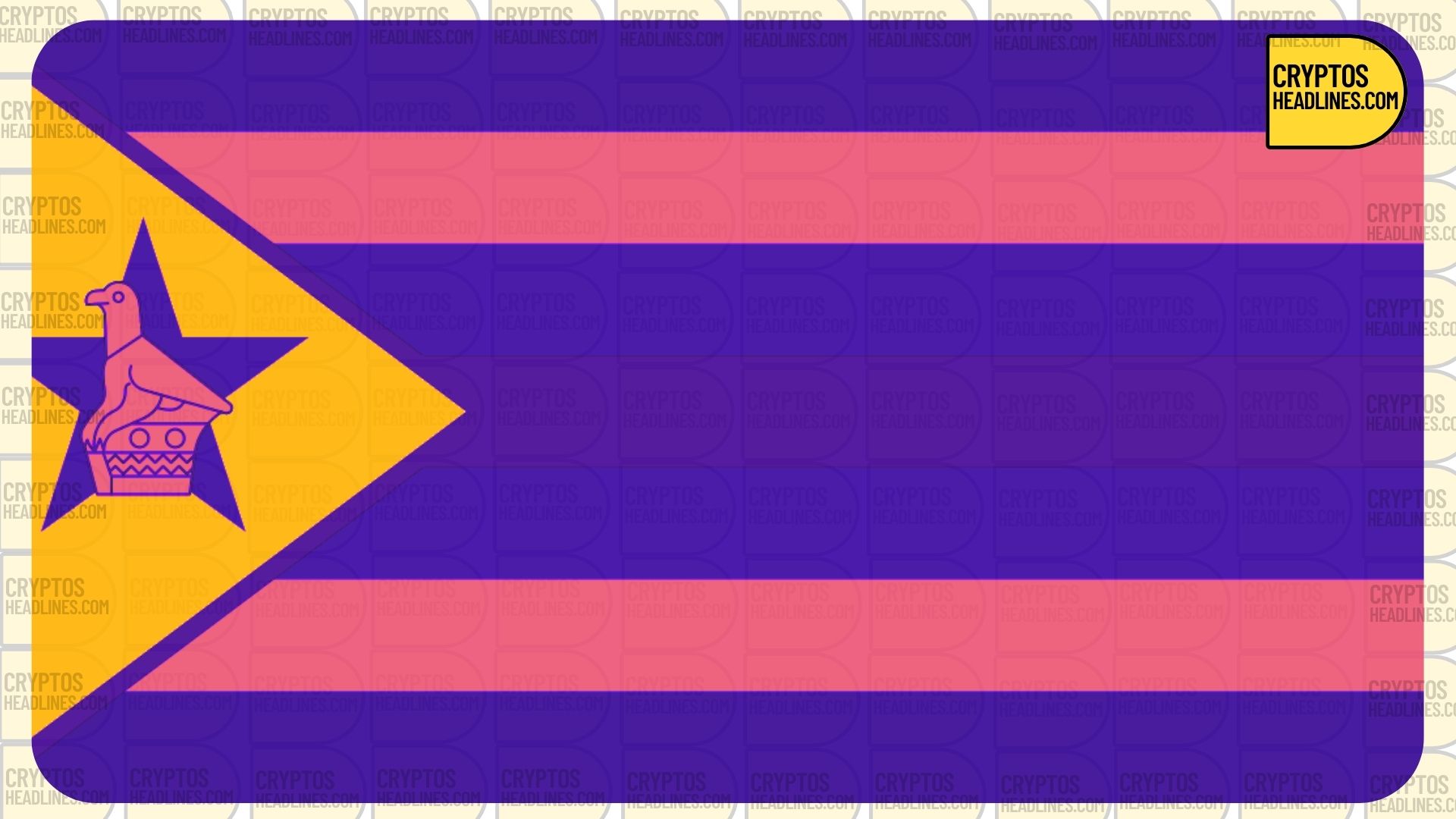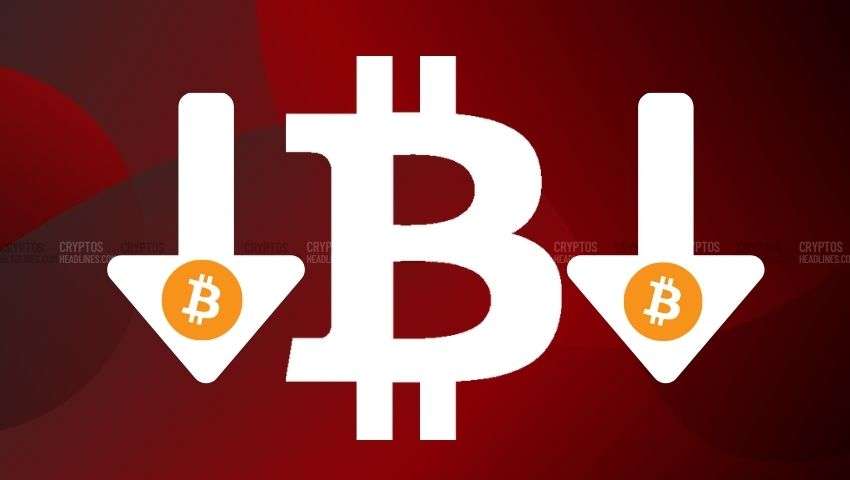The Reserve Bank of Zimbabwe achieved a successful sale of its first gold-backed cryptocurrency.
The Reserve Bank of Zimbabwe has sold gold-backed digital tokens valued at around $39 million, equivalent to 14 billion Zimbabwe Dollars, despite a warning from the International Monetary Fund.
On May 12, the Zimbabwean central bank revealed that it had received 135 applications worth ZW$14.07 billion from individuals interested in purchasing the gold-backed cryptocurrency.
Based on XE.com, the official exchange rate between the Zimbabwe dollar and the US dollar is 362 ZWD to USD (although the street rate is much higher). As a result, the total value of the stash is approximately $38.9 million.
The crypto tokens, which were introduced in April, are supported by 139.57 kilograms of gold. The sale of these tokens took place from May 8 to May 12.

Results of gold-backed digital currency sale. Source: cointelegraph
Individuals could purchase the tokens at a minimum price of $10, while corporations and other entities had a minimum price of $5,000. The tokens have a minimum vesting period of 180 days and can be held in e-gold wallets or on e-gold cards.
This action is said to be a part of an attempt to make the country’s economy more stable and address the ongoing decline of the local currency in comparison to the US dollar.
The central bank has announced a second round of digital token sales, and interested parties are encouraged to submit their applications this week for processing by May 18. RBZ Governor Dr. John Mangudya reportedly made a comment regarding this matter, but the specific details were not provided.
The purpose of issuing the gold-backed digital tokens is to increase the availability of valuable assets in the economy and make investment instruments more accessible and divisible. This initiative aims to provide the public with wider opportunities to use and benefit from these investment options.
Despite a warning from the International Monetary Fund, Zimbabwe has proceeded with its plan to introduce a gold-backed currency. The IMF suggested that the country should focus on liberalizing its foreign-exchange market instead. This information was reported by Bloomberg on May 9.
An IMF spokesperson advised caution and recommended conducting a thorough assessment to weigh the benefits and potential risks of introducing the gold-backed currency. These risks may include stability of the economy and financial sector, legal and operational challenges, governance issues, and the cost of potentially reducing foreign exchange reserves. The statement was made to Bloomberg.
For more than ten years, Zimbabwe has been dealing with unstable currency and high inflation rates. In 2009, the country decided to use the USD as its official currency after experiencing extreme hyperinflation that made the local currency worthless.
In 2019, Zimbabwe reintroduced the Zimbabwe dollar in an attempt to revive the local economy. However, this led to another period of instability and unpredictable changes in the value of the currency.









